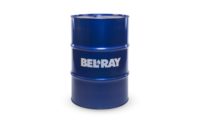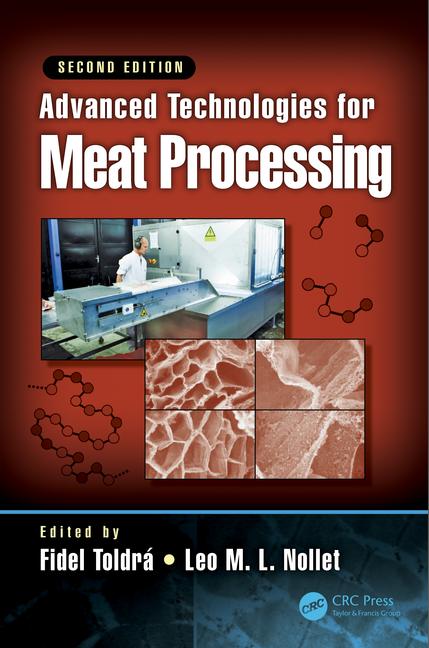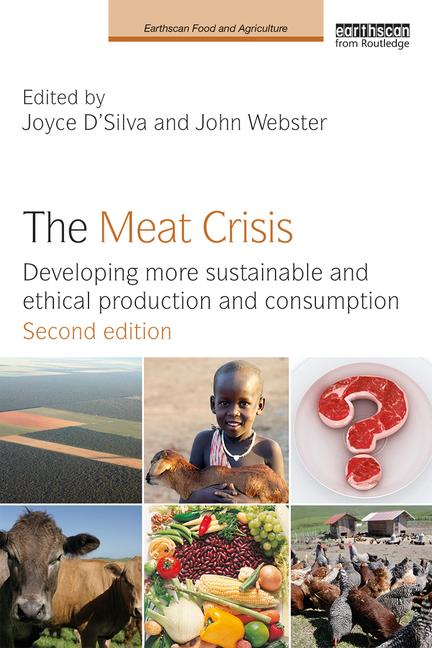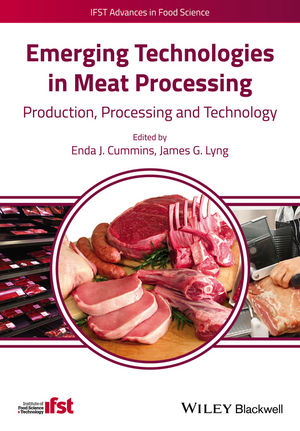Easing lubricant use

 Lubricants are used to loosen moving parts in processing equipment to protect against wear and corrosion, to disperse heat produced by friction and to offer sealing. But these lubricants may pose a potential health risk if cross-contamination with proteins occurs.
Lubricants are used to loosen moving parts in processing equipment to protect against wear and corrosion, to disperse heat produced by friction and to offer sealing. But these lubricants may pose a potential health risk if cross-contamination with proteins occurs.
One method of reducing risk is to incorporate sanitary equipment design into facility planning, although the potential for contact of a lubricant with food product cannot be entirely negated.
“Some level of contamination will likely occur from leaks or drips off chains, conveyor belts and gearboxes, and oil and grease can be exposed on equipment at critical points of operation,” says Ashlee Breitner, business unit manager of NSF International’s Nonfood Compounds Registration Program. “Ensuring the use of food-grade lubricants is a simple and logical method for effectively mitigating chemical hazards associated with potential lubricant contamination.”
With the Food Safety Modernization Act on the minds of food manufacturers and their suppliers of nonfood compounds, the growing need to guarantee that the products they are making and the processes they are using are generating safe products is a growing trend. As such, NSF currently has more than 14,000 registered incidental or no food contact lubricant products, which is an increase compared to 2009 when 10,000 products were registered, Breitner says.
“The industry is working very hard to educate others in the term ‘food-grade’ as it generally implies food contact, when H1- and H2-registered products are only for incidental or no food contact,” she says. “This education of how these products are intended to be used in the processing facilities is a major industry undertaking.”
The majority of manufacturers are currently registering their lubricants in the H1 category of Lubricants with Incidental Contact. In the instance that this product would incidentally come into direct contact with food, it would be safe for human consumption — though that is not the intention of the product, Breitner says.
Educating the end-users on the proper use of techniques and applications applicable for the products to be used effectively remains a challenge.
“As more and more end-product manufacturers specify that the nonfood compound lubricants in their processing facilities are NSF registered, the more these manufacturers seem to be developing and implementing training for their employees using these lubricants to ensure they are using best practices when utilizing these products,” Breitner says. “The more education these companies implement, the more protected their products will be in the end and the less risk for contamination.”
More lubricant manufacturers are seeking and obtaining ISO 21469 certification as well, says Chuck Coe, president of Grease Technology Solutions LLC, Manassas, Va. In addition, more calcium sulfonate H1 greases are entering the marketplace.
“The influx of calicum sulfonate-based H1 greases means more H1 greases have excellent load-carrying performance, better corrosion protection and better water resistance,” Coe says.
The longer life of newer polyurea greases and better water resistance of calcium sulfonate greases also aid in the longevity of many H1 lubricants.
Food-grade lubricants still need to overcome the historical perception that H1 grease performance is inferior to non-food-grade grease performance.
“Certainly there is increased awareness of the need for food-grade lubricants, but end-users need to be educated that there are high-performing food-grade lubes out there, and that they can use them more widely in their operations, minimizing the need for multiple greases and misapplication,” Coe says.
ISO 21469 CERTIFICATION PROGRAM
NSF International’s American National Standards Institute-accredited ISO 21469 Certification Program (Safety of Machinery - Lubricants with Incidental Product Contact - Hygiene Requirements) provides independent, third-party assessments of product’s conformity to the hygiene requirements for the formulation, manufacture, use and handling of lubricants that may come into contact with products during processing.
“This program shows a proactive commitment to food safety and helps protect food manufacturers and their customers’ brands,” says Ashlee Breitner, business unit manager of NSF’s Nonfood Compounds Registration Program.
Click here to see the companies that have earned ISO 21469 certification
Looking for a reprint of this article?
From high-res PDFs to custom plaques, order your copy today!









